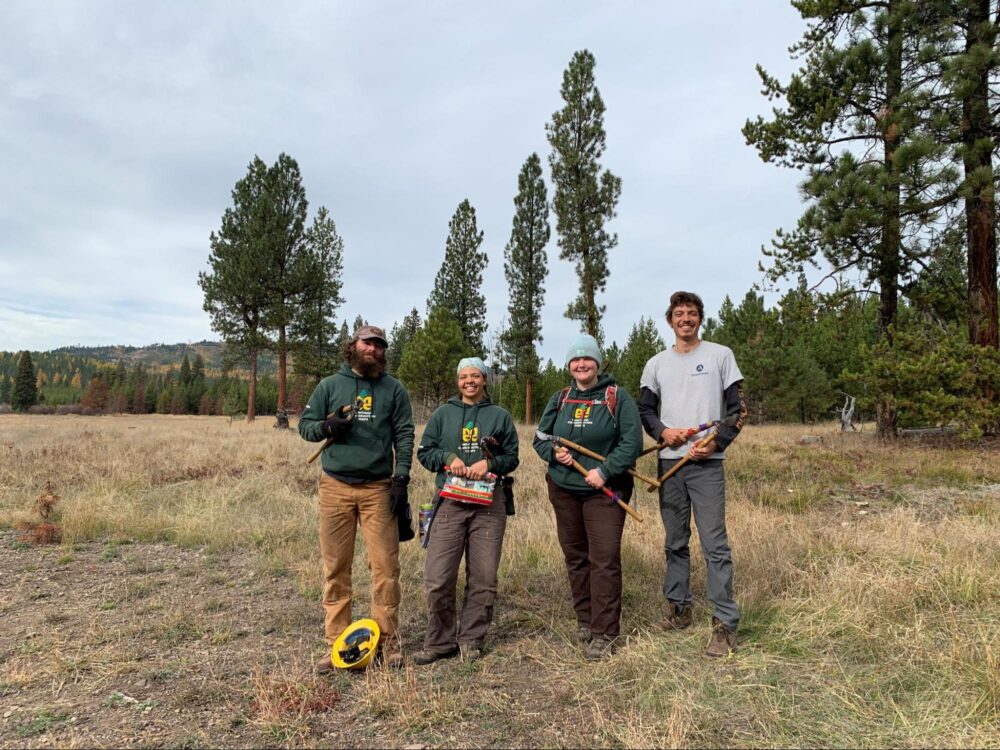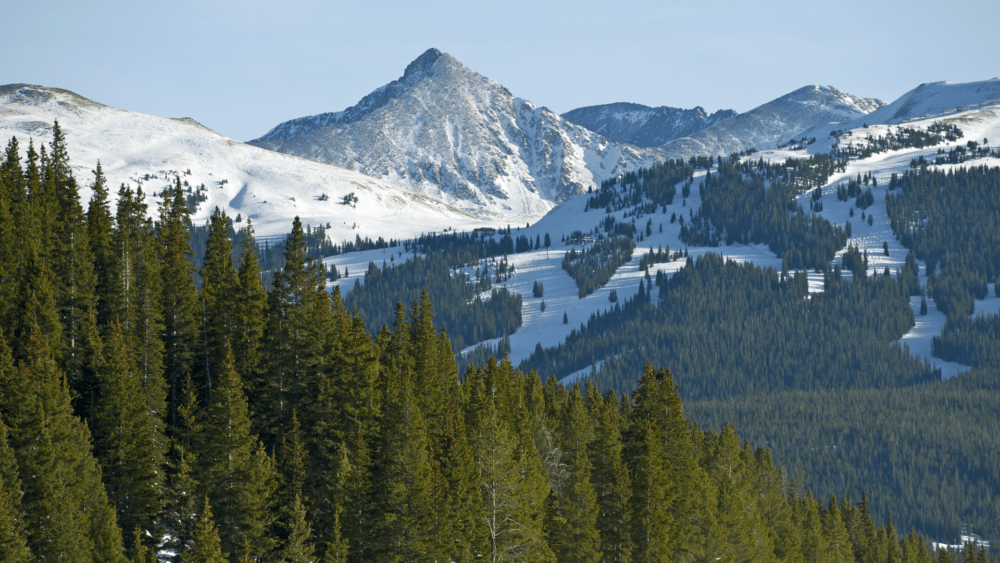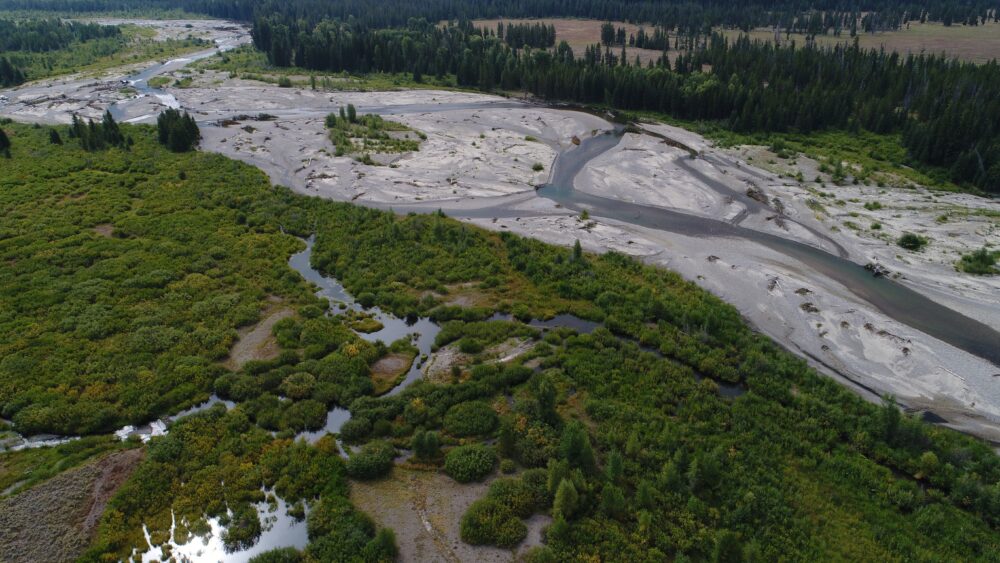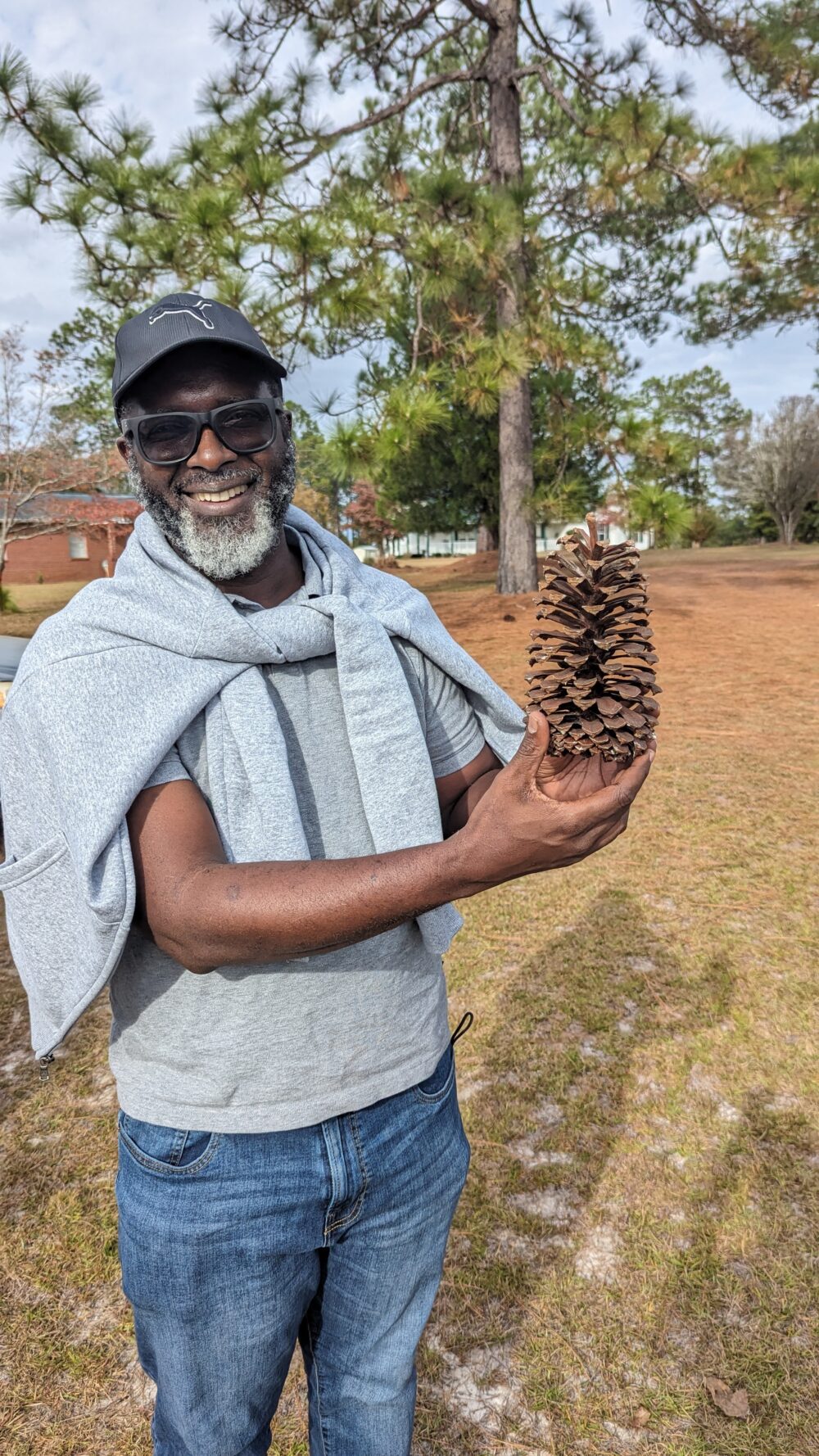We have much more to do and your continued support is needed now more than ever.
The Push for Oil Shale: News Ripped from Last Century’s Headlines
There’s a saying in Colorado about the so-far-fruitless effort to tap the “Saudi Arabia” of oil shale in the region: “Oil shale: It’s the energy of the future… and always will be.”
As documented by the Checks and Balances Project, people have been trying for nearly a century to free the oil from rocks underneath western Colorado, southwestern Wyoming and northeastern Utah. The last big push ended in Black Sunday, May 2, 1982. That’s when falling oil prices and rising costs led Exxon to abruptly shut down the Colony Project, throwing more than 2,000 people out of work and devastating the area economy.
“It was a regional depression for probably about 10 to 12 years. It took a long time for this area, and Rifle in particular, to recover from that,” said Keith Lambert, a Rifle city councilman and former mayor, on the oil-shale bust.
Lambert is one of the Coloradans featured in three new videos by Sportsmen for Responsible Energy Development. The videos, Shale Country: That was Then…This is Now, explore the uncertainty surrounding oil shale. Companies are still pursuing economically viable technologies.
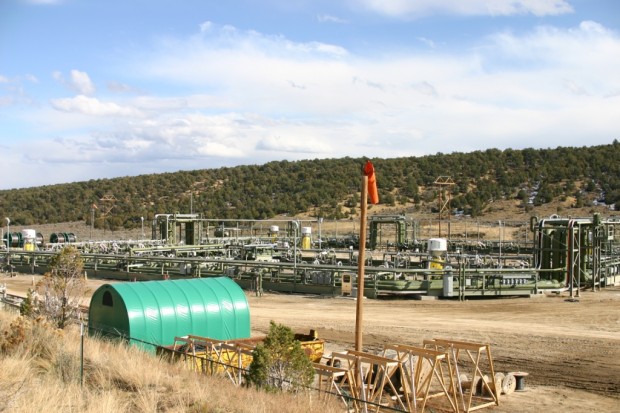
Never mind that a new report by Taxpayers for Common Sense says the federal government offered nearly $7 billion in loan and price guarantees to oil shale companies in the 1980s—and still no commercial oil shale industry exists in the U.S. So far, we’ve seen zero results from the public leases granted to companies for research and development.
Rep. Ralph Hall (Texas) wants to add another $50 million or so to the money U.S. taxpayers have already spent on chasing oil shale. I think multinational corporations like Shell and Exxon, both with stakes in oil shale country, can finance their own research.
Oil shale vs. shale oil
Oil shale and shale oil are not the same things. Oil shale is really kerogen, fossilized material that didn’t get enough heat and pressure in nature to turn into oil. It has to be heated to extreme temperatures, extracted and processed into a usable fuel. By contrast, shale oil is real oil that’s trapped in rock formations. Technological advances have made it easier to extract.
Look Before Leaping

The process and technology to mine oil shale aren’t the unsettled issues. We don’t know how much energy and water will be required. The Government Accountability Office estimates that industrial-scale production could require as much as 123 billion gallons of water – enough water for a city of more than 750,000 homes. That could jeopardize such crucial Western water sources as the Colorado River and threaten fish, wildlife and communities, according to a new SFRED report.
We’re kind of the canary in the mine – sportsmen— because the bald eagle doesn’t know about oil shale. The brown trout don’t know about oil shale. The deer and elk in this area don’t know about oil shale. We better know about oil shale because we become their voice.” -Kent Ingram, Colorado Wildlife Federation.
Nineteen regional and national sportsmen’s and conservation groups have signed a letter asking Interior Secretary Ken Salazar to proceed carefully on oil shale and saying that successful research must precede any commercial leasing of federal lands.
![]() Let Salazar and Mike Poole, BLM acting director, know that we don’t want to gamble our water, wildlife, fishing and hunting on an unproven technology.
Let Salazar and Mike Poole, BLM acting director, know that we don’t want to gamble our water, wildlife, fishing and hunting on an unproven technology.















